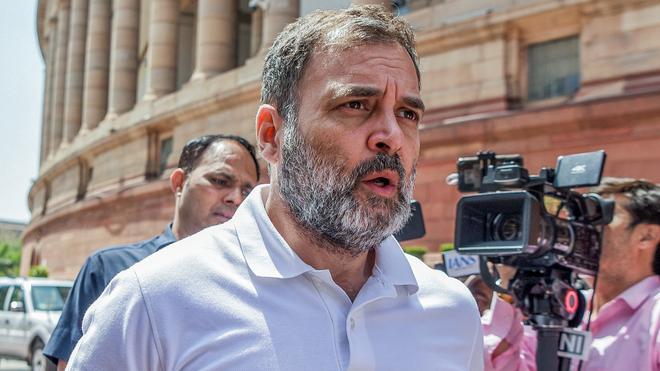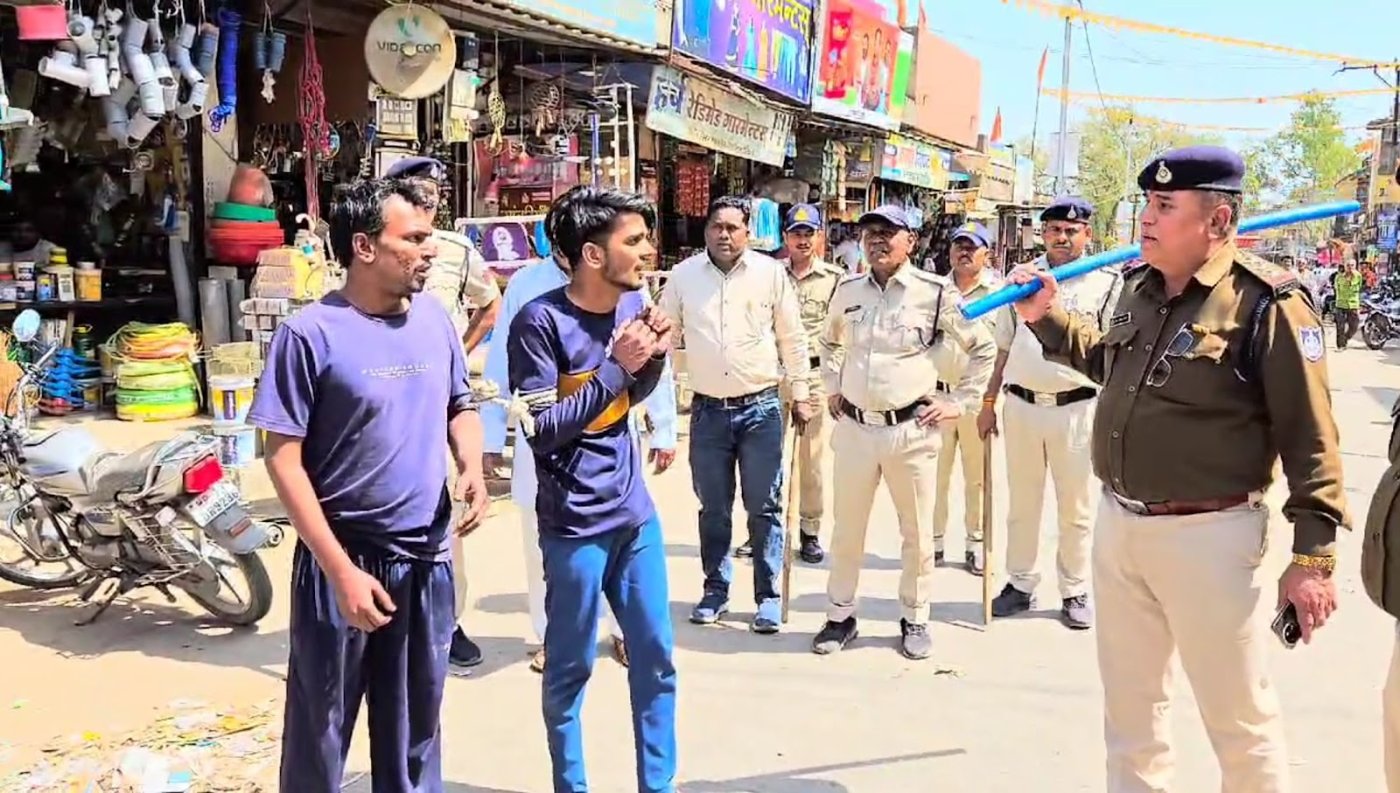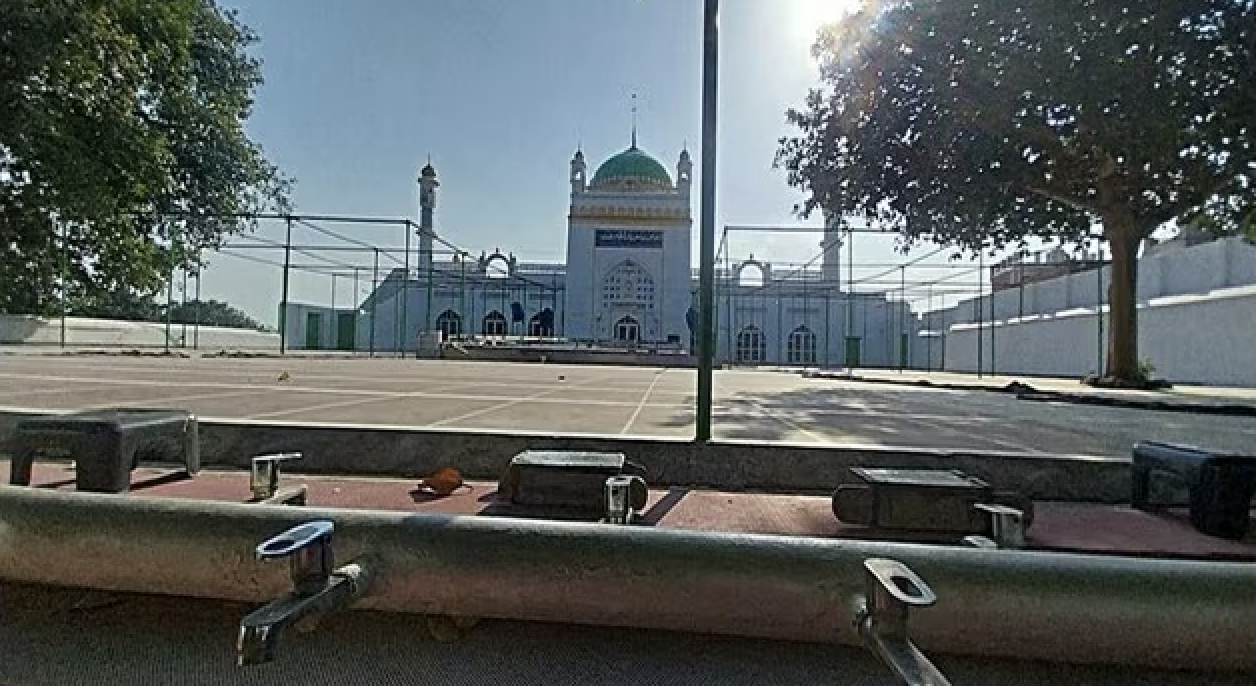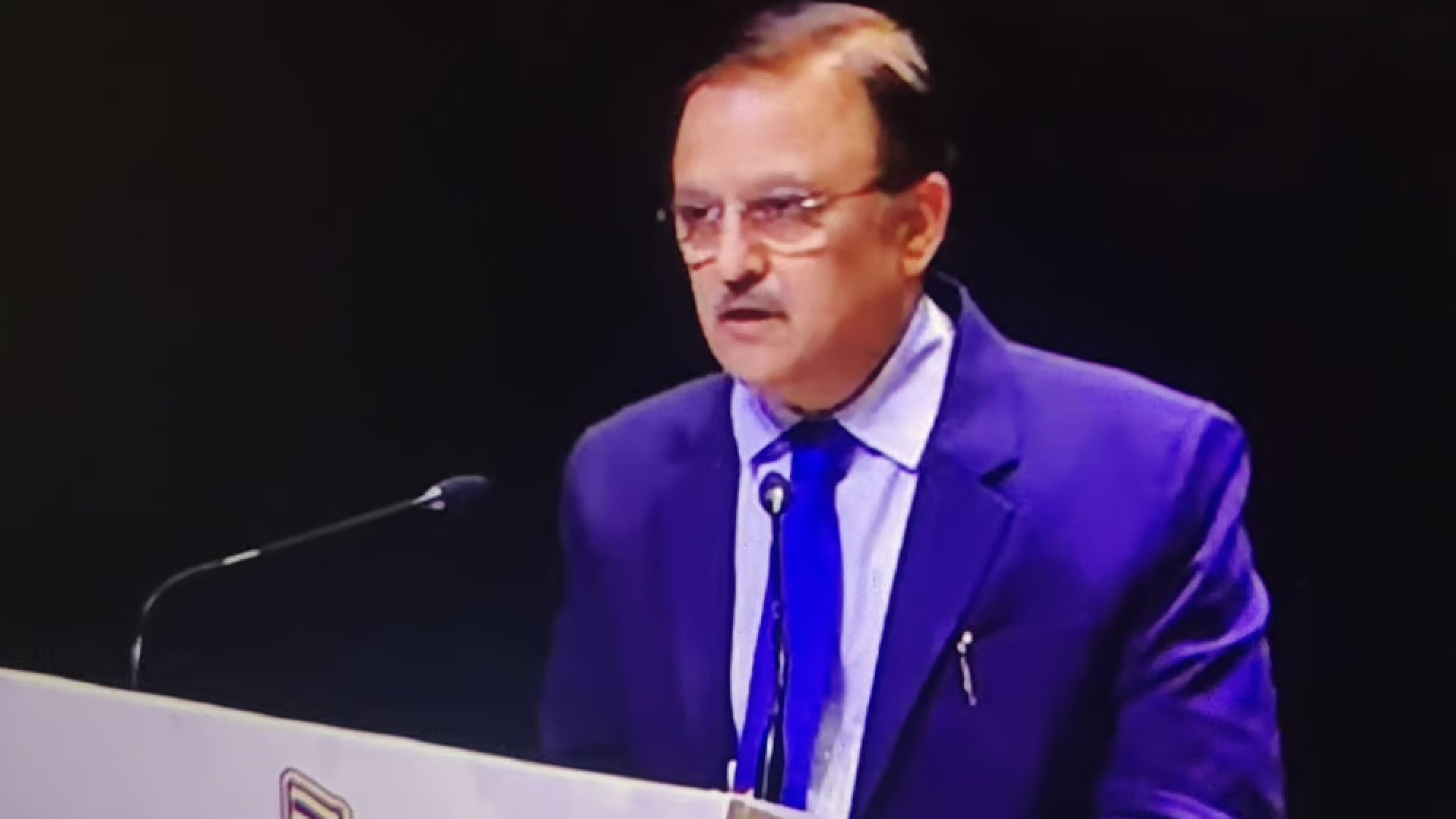
To deter incidents of mob assaults and lynching, which has been rising in the tribal State, the Jharkhand Assembly is likely to introduce an anti-lynching Bill in its upcoming Session, that proposes capital punishment for those lynching individuals, besides provisions for imprisonment for injuring a person and stiff penalties for participating in a lynch mob.
The Jharkhand (Prevention of Lynching) Bill, 2021 is likely to come up in the ensuing Session of Jharkhand Assembly from December 16 to 22, an official told PTI.
Assemblies in States such as West Bengal and Rajasthan have already passed anti-lynching legislation.
Jharkhand has been in the news for cases of mob lynching and the incident where one Tabrez Ansari, 24, was allegedly tied to a pole and thrashed with sticks by a mob at Dhatkidih village in Seraikela Kharsawan district in 2019 on suspicion of theft had its echo in Parliament too.
To protect the constitutional rights of vulnerable persons and to prevent lynching and to punish the acts of lynching in the State, the proposed Bill provides for punishment “with death sentence or rigorous imprisonment for life and with fine which shall not be less than ten lakh rupees” in case of death of the victim, the official said.
In case of the act leading to the victim suffering hurt, there are provisions for punishment with imprisonment for a term which may extend to three years and with fine which shall not be less than ₹1lakh which may extend up to ₹3lakh.
“Where the act leads to the victim suffering grievous hurt, shall be punished with imprisonment for life, or with imprisonment of either description for a term which may extend to ten years and with fine which shall not be less than three lakh rupees and may extend up to five lakh rupees,” the provisions of the proposed Bill, a draft of which is with PTI, states.
The proposed Bill provides for appointment of a State co-ordinator not below the rank of the Inspector General of Police to be called the Nodal Officer to monitor and co-ordinate prevention of lynching. The nodal officer will be appointed by the Director General of Police.
The Nodal Officer, on enactment of legislation will be required to hold regular meetings, at least once a month, with local intelligence units in the districts, so as to identify tendencies of vigilantism, mob violence or lynching in an area and take steps to prevent dissemination of offensive material through various social media platforms or any other means which could incite mob vigilantes.
The proposed Bill states that every police officer, directly in charge of maintaining law and order in an area, shall take all reasonable steps to prevent any act of lynching including incitement and commission and will make all possible efforts to identify and prevent instances of dissemination of offensive material or any other means to incite or promote lynching.
Likewise, district magistrates are required to take every possible action to the best of his ability to prevent the creation of a hostile environment against a person or group of persons which are targetted in such incidents.
The proposed Bill also provides that any person despite knowing that any other person is guilty of an offence under this Act assists him with intent to prevent, hinder or interfere with his arrest, trial or punishment “shall be punished with imprisonment for a term which may extend to three years and shall also be liable to fine which shall not be less than one lakh rupees and may extend up to three lakh rupees.” Likewise any person who threatens a witness under this Act shall be punished with imprisonment for a term of upto five years and shall also be liable to fine between ₹2 lakh and ₹5 lakh.
Lynching under the proposed Bill has been defined as “any act or series of acts of violence or aiding, abetting or attempting an act of violence, whether spontaneous or planned, by a mob onthe grounds of religion, race, caste, sex, place of birth, language, dietary practices, sexual orientation, political affiliation, ethnicity or any other ground.” Prime Minister Narendra Modi in June 2019 had said in Parliament that the incident of lynching in Jharkhand has pained him and the guilty must be severely punished and had stressed that all kinds of violence in the country, should be treated in the same manner and law should take its course.
Ansari was purportedly seen in a video being forced to chant “Jai Shri Ram” and “Jai Hanuman” and had later succumbed to his injuries.
This story first appeared on thehindu.com






